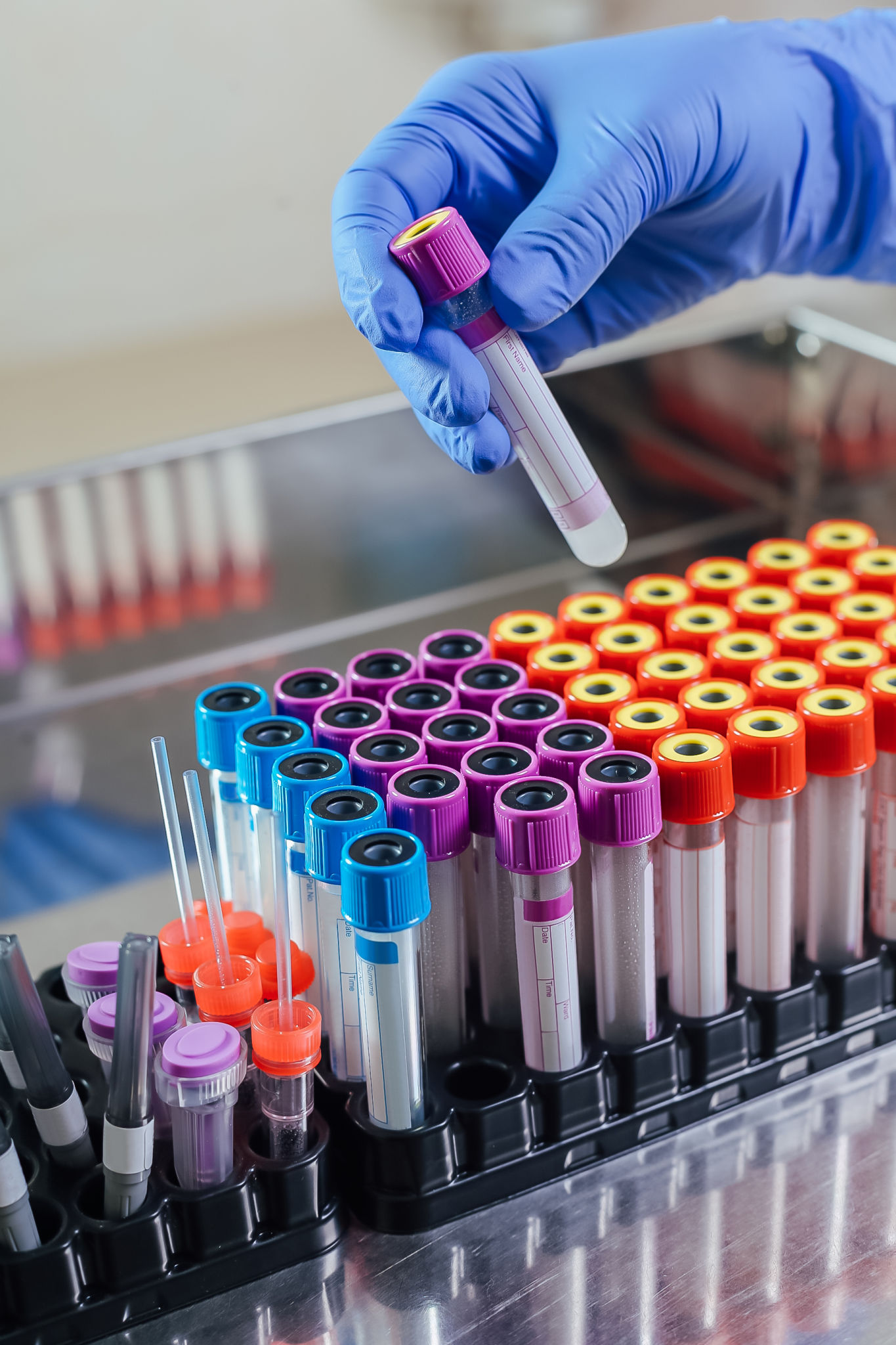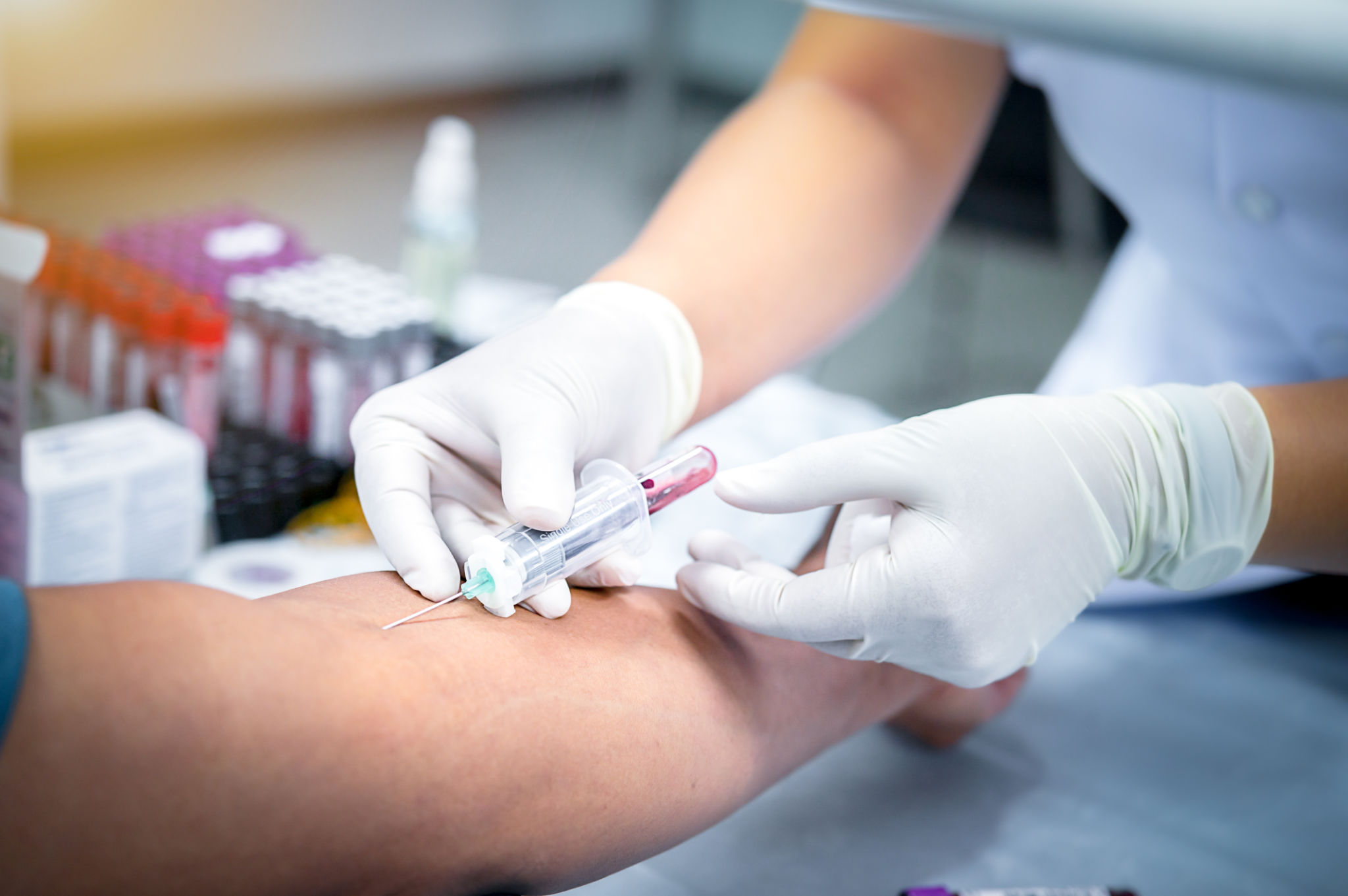Exploring Specimen Collection Services: What to Expect and How It Works
Understanding Specimen Collection Services
Specimen collection services play a crucial role in the field of healthcare. These services ensure that various samples such as blood, urine, or tissue are collected, stored, and transported in a way that maintains their integrity for accurate testing and diagnosis. With advancements in medical technology, these services have become more accessible and convenient for patients and healthcare providers alike.

How Specimen Collection Works
The process of specimen collection involves several key steps to ensure the accuracy and reliability of the samples. Initially, a healthcare professional will assess the type of specimen needed based on the medical test being conducted. This could range from a simple blood draw to more specialized collections depending on the patient's condition. The next step is the actual collection, which is performed using sterile techniques to prevent contamination.
After collection, specimens are labeled accurately with patient information and details of the test to be conducted. This ensures that results are correctly matched to the individual. Transporting the specimen is another critical step, as it must be done under specific conditions such as temperature control to prevent degradation.
Types of Specimens Collected
There are various types of specimens that can be collected depending on the diagnostic needs. The most common include:
- Blood samples: Used for a variety of tests including blood sugar levels, cholesterol, and more.
- Urine samples: Often used to check for infections, kidney function, and other conditions.
- Tissue samples: Typically collected for biopsies to evaluate for cancer or other diseases.
- Swabs: Used for testing infections or diseases, particularly in areas like the throat or nasal passages.

Preparing for Specimen Collection
Preparation is key to ensuring accurate test results. Patients may be required to follow specific instructions such as fasting before a blood test or collecting urine at a particular time of day. It's important to follow these guidelines closely as they can significantly impact the outcomes of the tests.
Healthcare providers usually inform patients about how to prepare and what to expect during the collection process. This includes explaining any potential discomfort and how long the procedure might take.
The Role of Technology in Specimen Collection
Technology has greatly enhanced specimen collection services. Automated systems now assist in labeling and tracking specimens, reducing human error and ensuring faster processing times. Advanced transportation solutions also ensure that specimens remain stable during transit, improving the reliability of test results.

The Importance of Accurate Specimen Collection
Accurate specimen collection is vital for effective diagnosis and treatment planning. Mistakes in this process can lead to incorrect diagnoses, inappropriate treatments, or delayed care. Therefore, healthcare providers emphasize rigorous protocols and continuous training to ensure high standards are maintained.
By understanding the intricacies of specimen collection services, patients can feel more informed and assured about the procedures they undergo. This knowledge not only empowers patients but also contributes to better healthcare outcomes by fostering cooperation between patients and healthcare providers.
